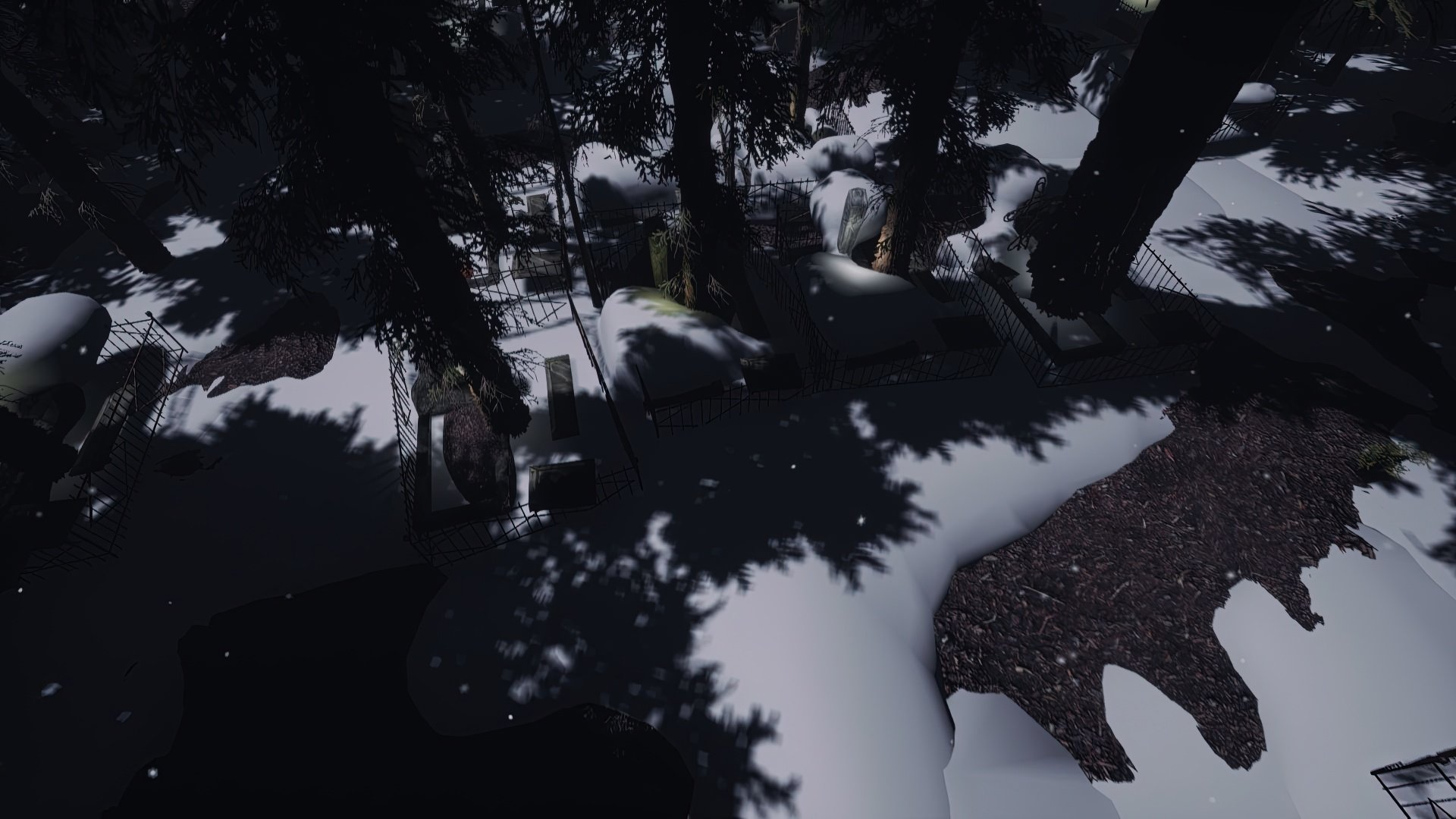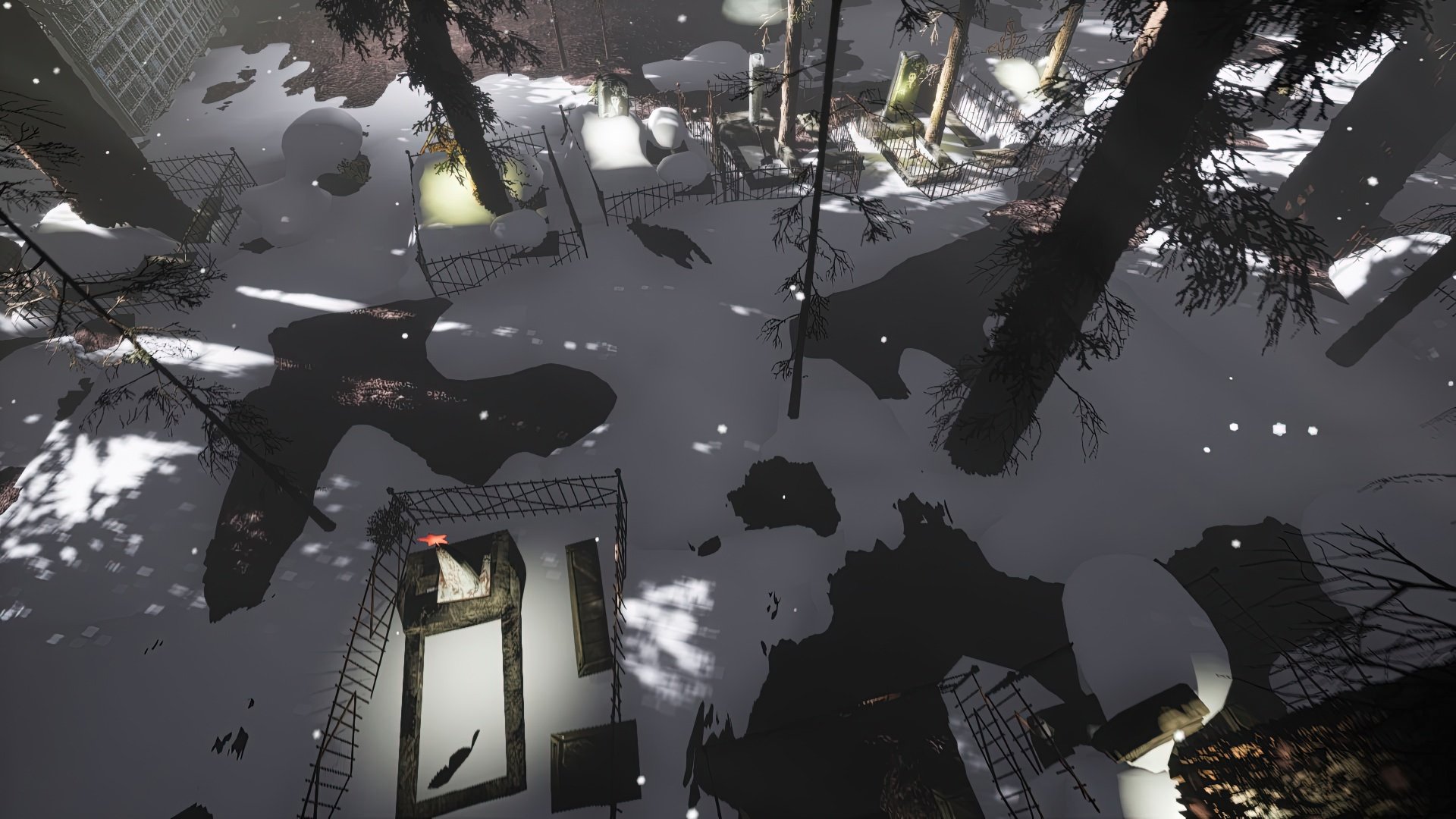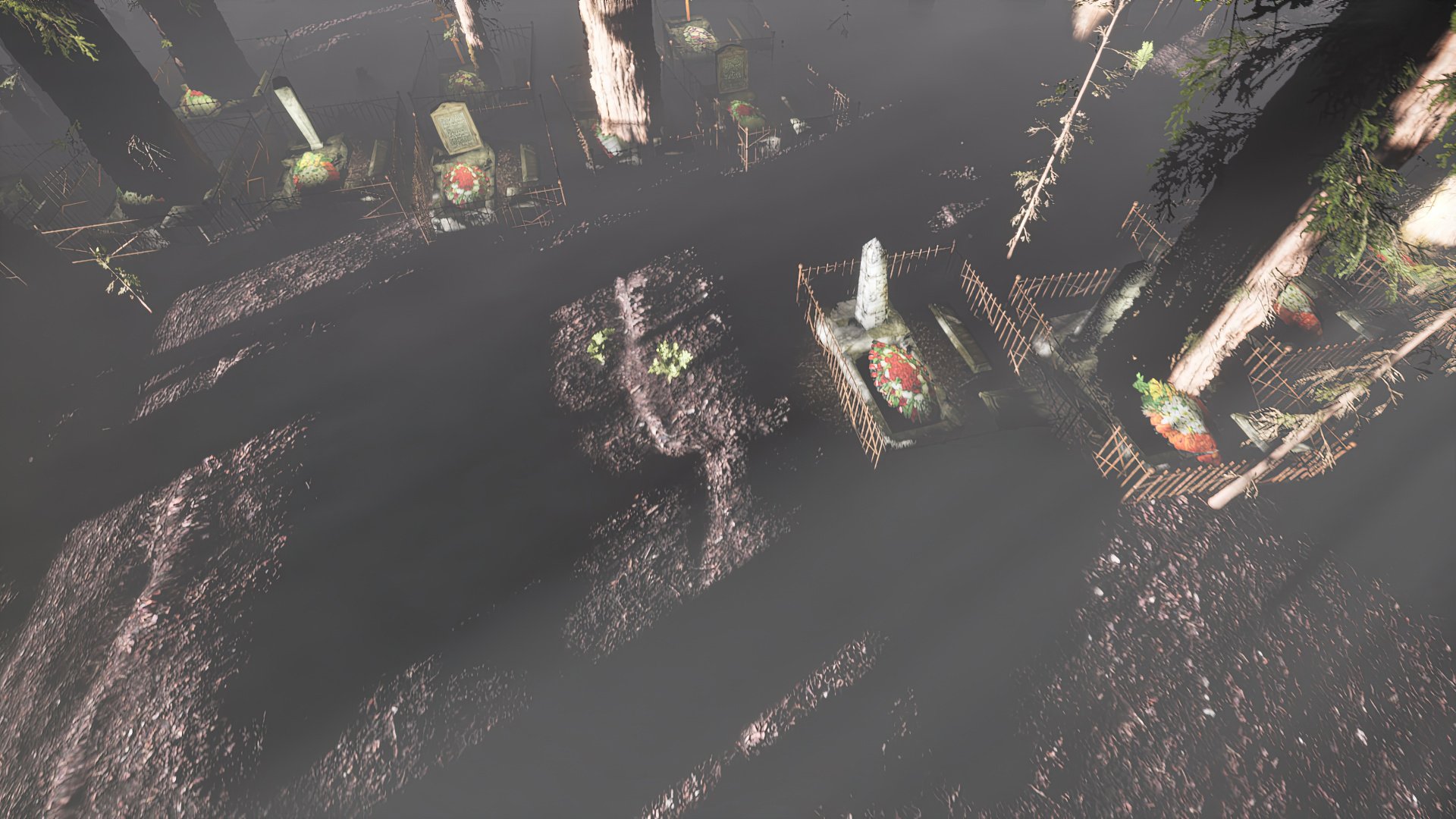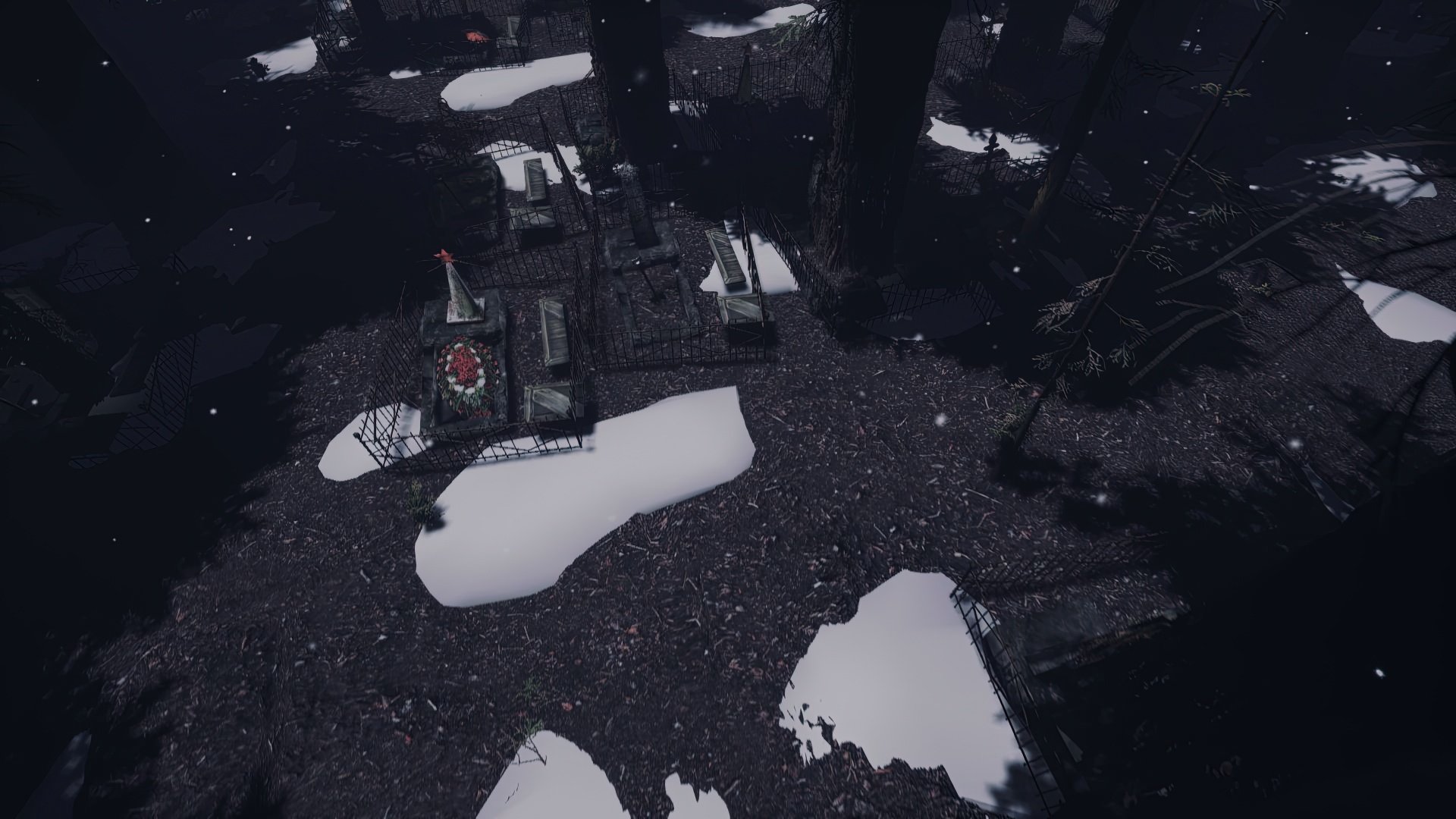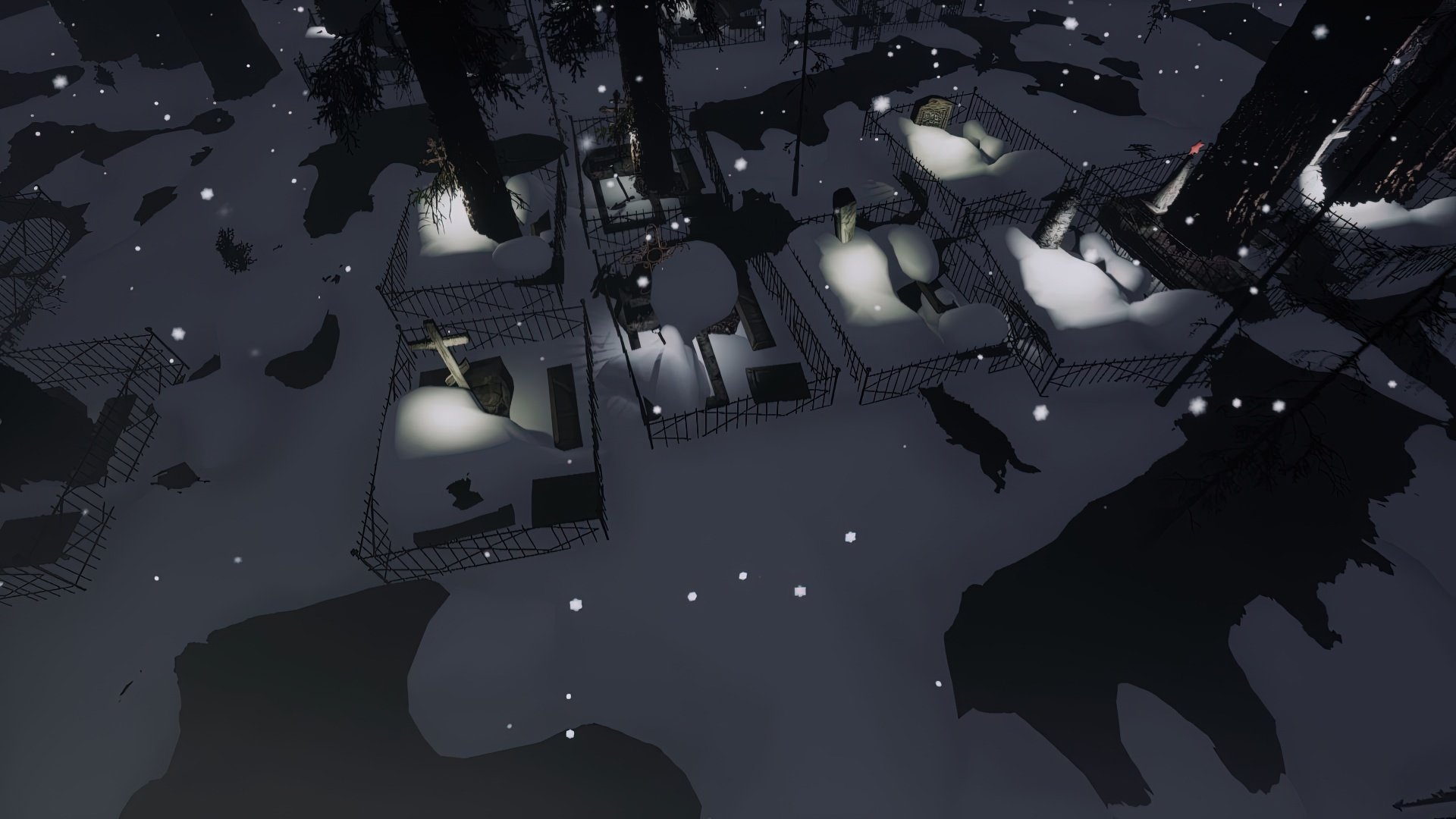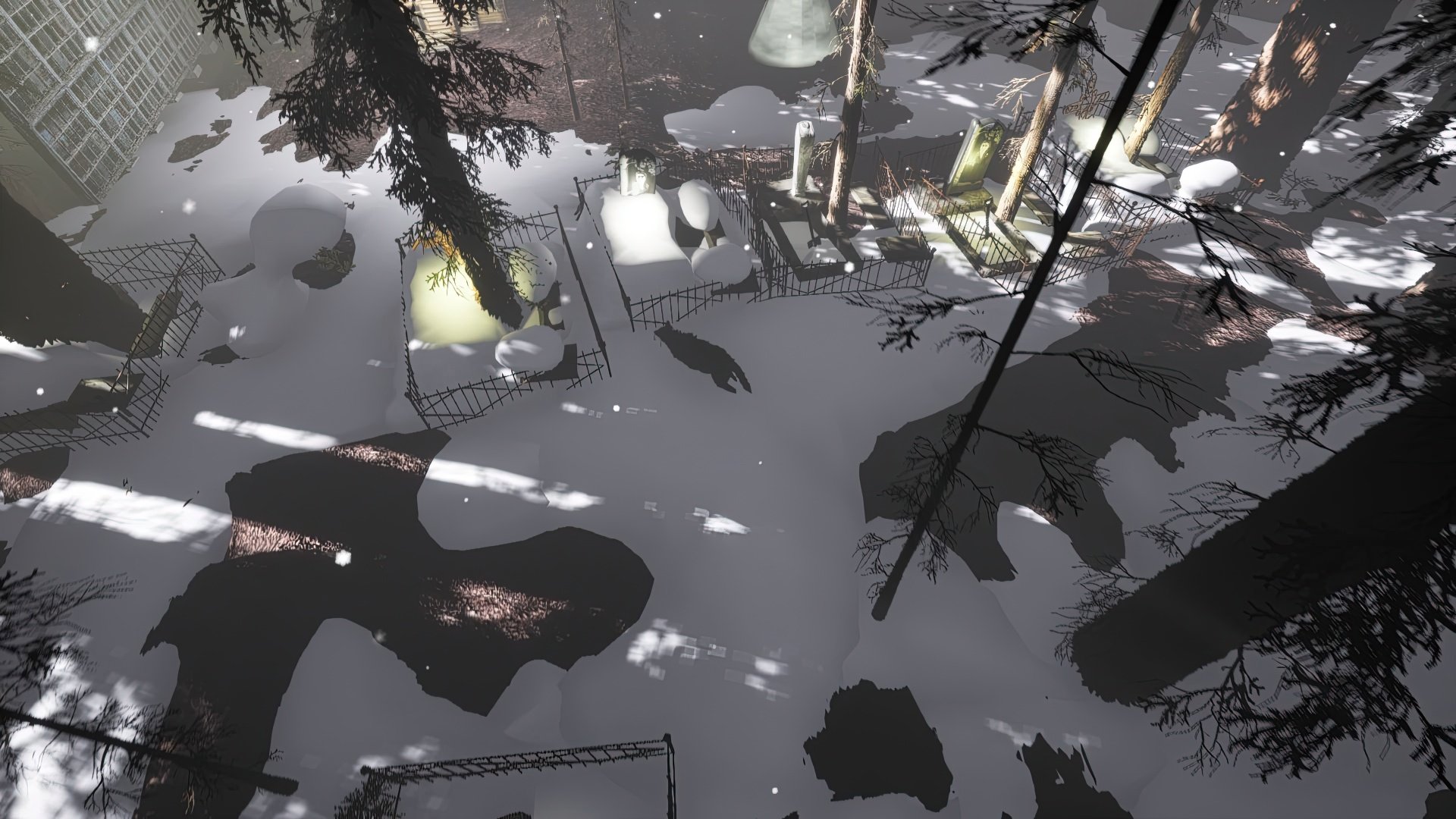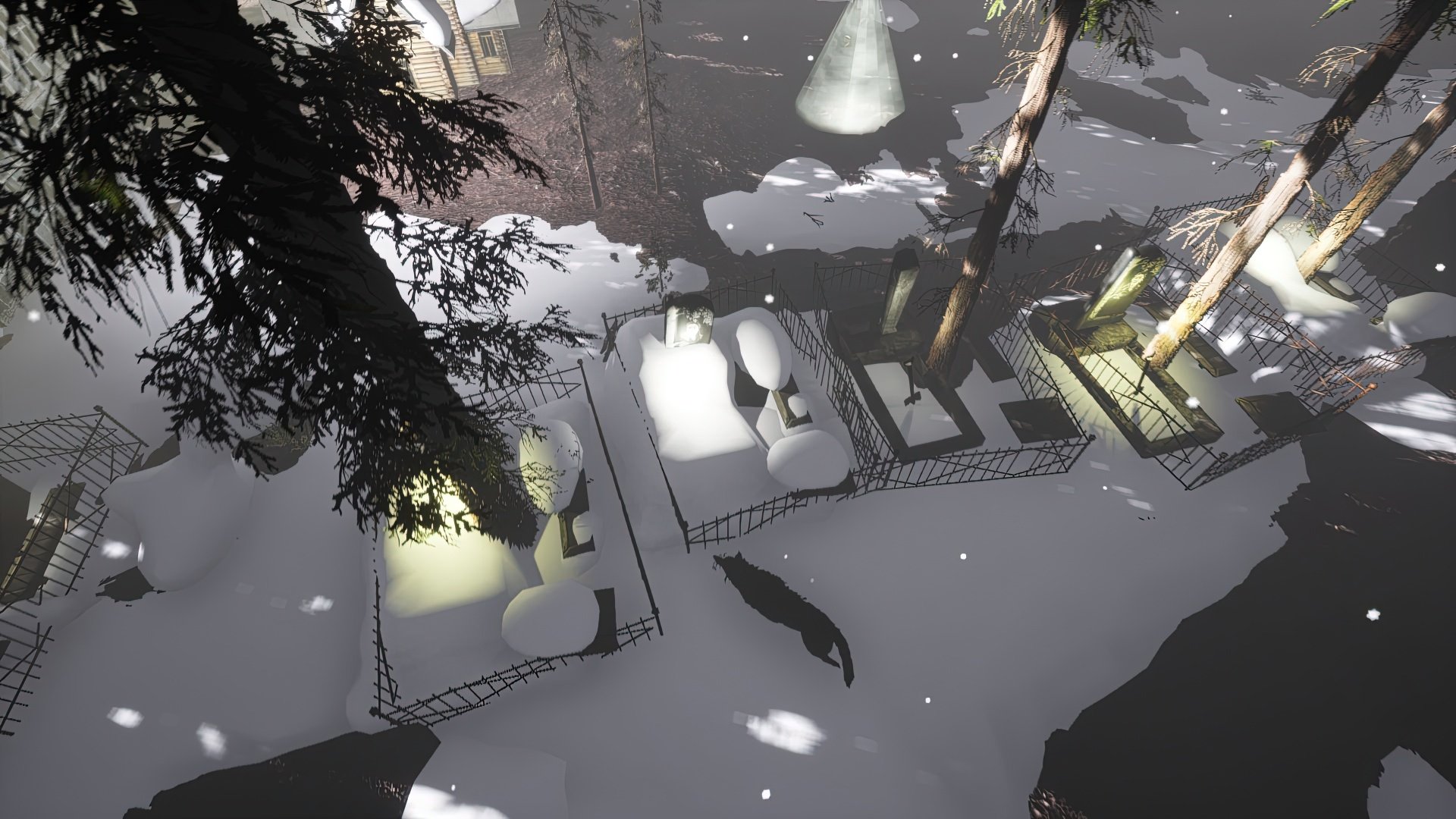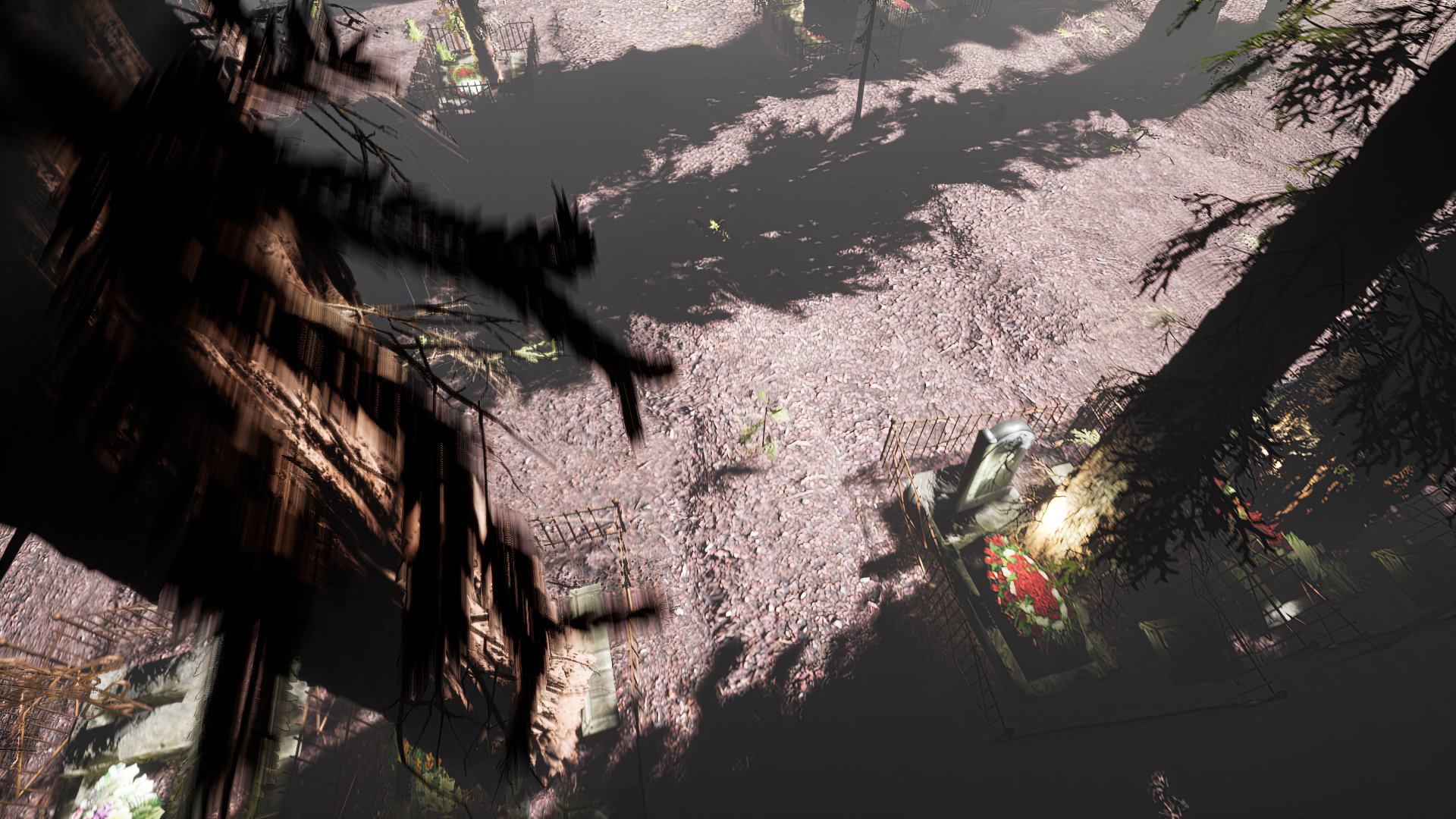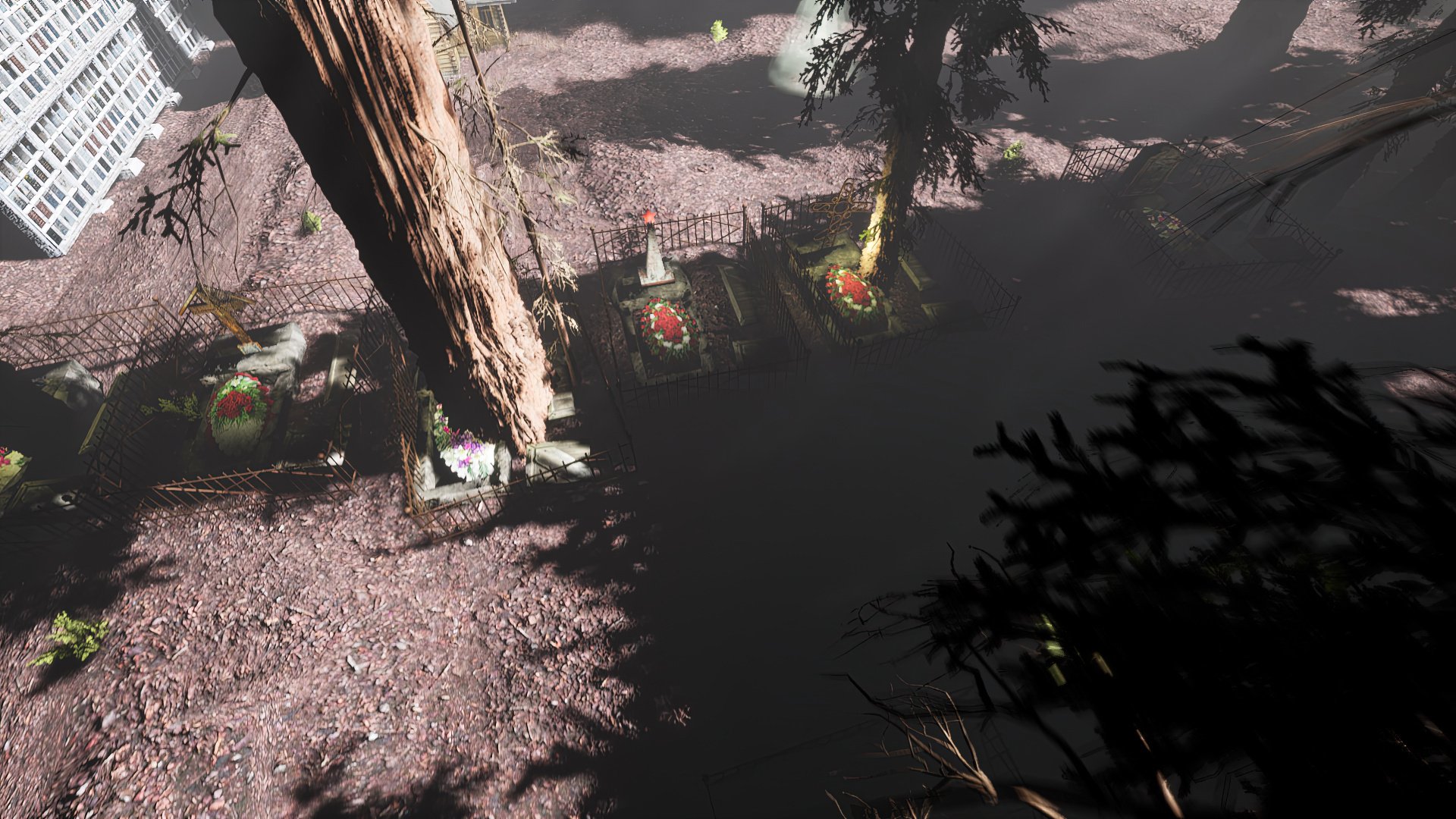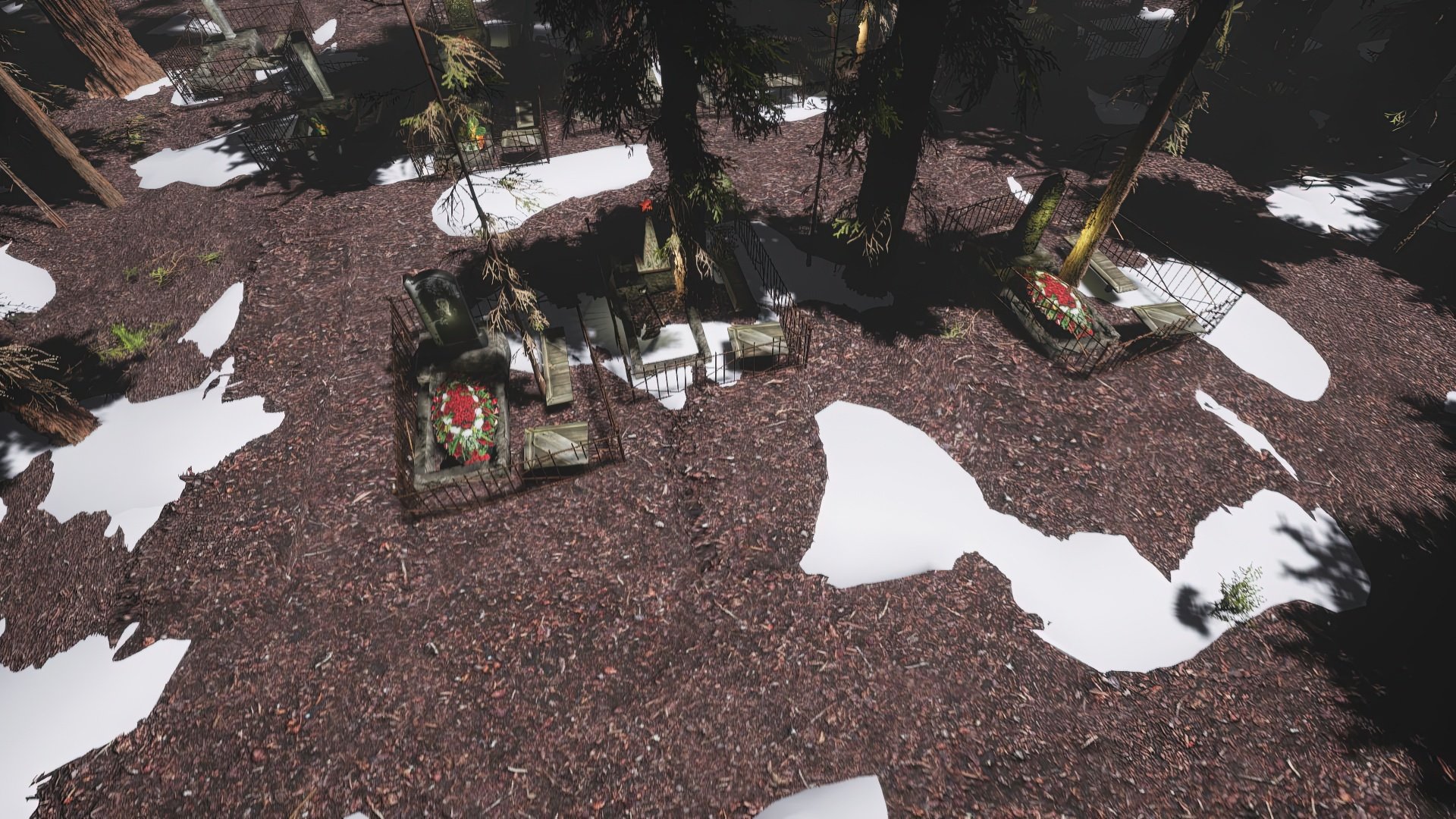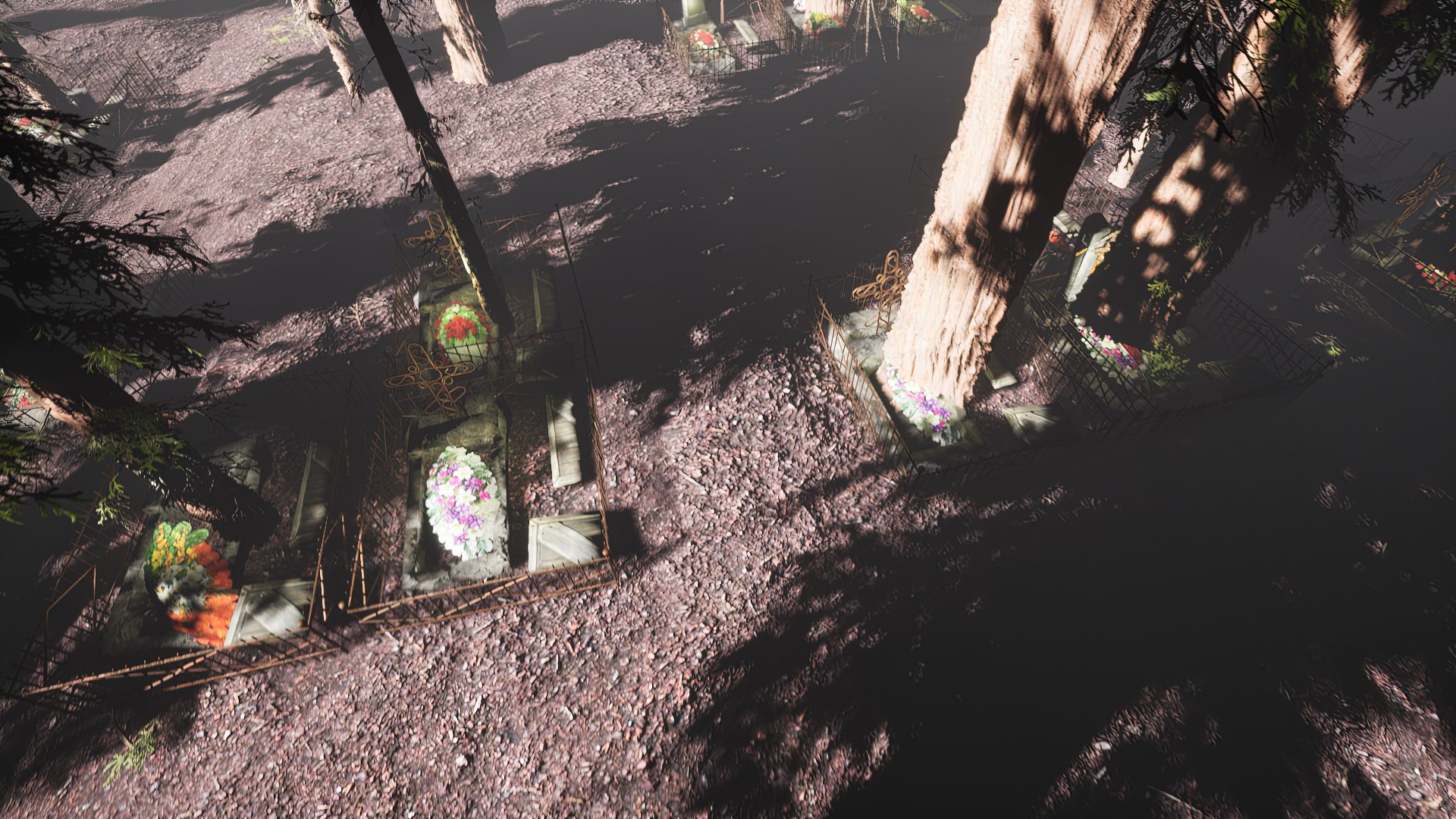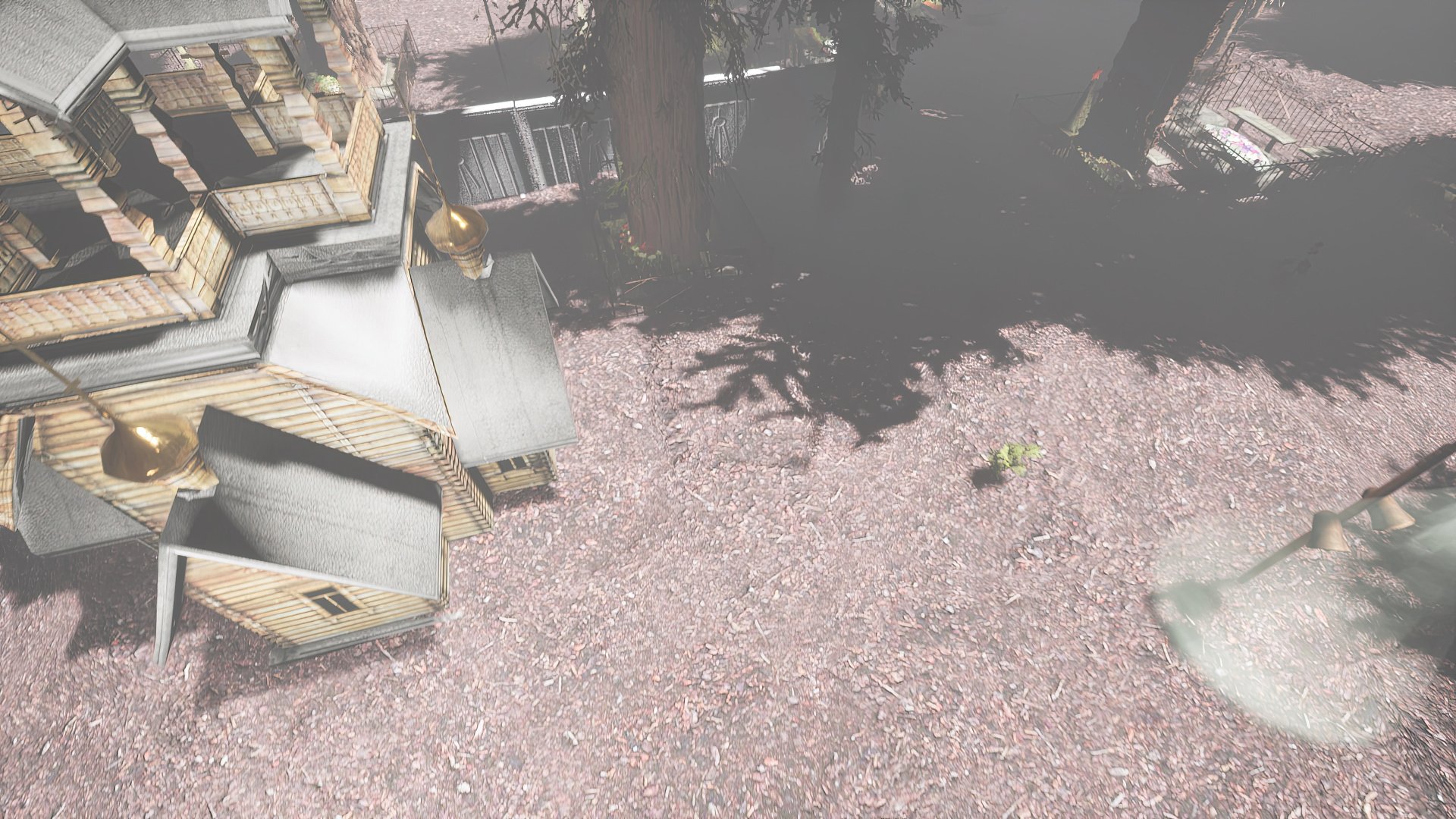Parallel V
digital video, single-channel-projection, color, sound, 26’ 14”, 2023, Hong Kong
Created by Hui Wai-Keung
World premiere
Conceived by Hui Wai-Keung as a tribute to Harun Farocki, Parallel V is a continuation of his seminal Parallel I-IV series investigating the operational logic of computer games. The point of departure for Hui is a statement by the late German director on the computer-controller characters’ tendency to repeat the same actions over and over again: “This tragedy revealed the limitations of human freedom of action”. Hui discovered that all NPCs seem trapped in a time-space bond with the player, a relationship of ontological dependence. NPCs live life-like existences; repetitions are inevitable in their simulated lives. And yet, Hui suggests, the algorithmic bounds of games are not absolute, and NPCs still encounter contingencies. Thus, both NPCs and human beings might be better off following Friedrich Nietzsche’s admonition, embracing rather than rejecting repetition.
Hui Wai-Keung is a Hong Kong-born cross-disciplinary artist currently pursuing a PhD in Art Creation and Theory at Tainan National University of the Arts in Taiwan. Hui received his MFA from the School of Creative Media at City University of Hong Kong and studied at the Hong Kong Art School. In recent years he has focused especially on game art and algorithmic art, exploring visual possibilities in digital hyperspace. Hui has exhibited widely in solo and group shows in Hong Kong, Taiwan, South Korea, Japan, Germany, Finland, Italy and the USA. Hui has completed artist residencies in Germany, Finland, South Korea, and Japan. Currently based in Taiwan, Hui continues to exhibit and conduct research into narrative, algorithms, possibility, contingency, reenactment, and history.



